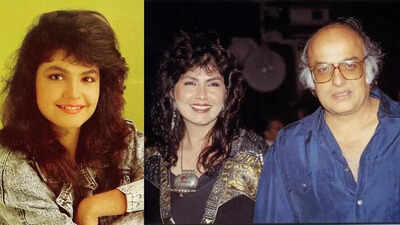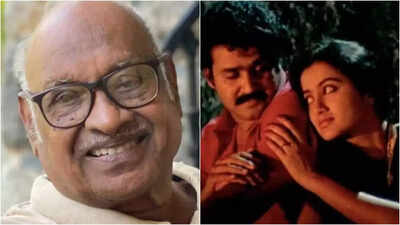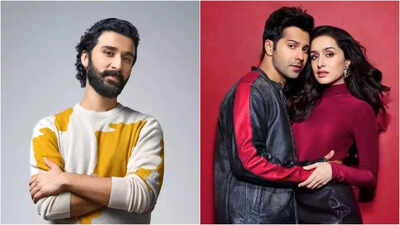When Vivienne Medrano was a kid, she stayed away from horror, anything considered adult and any images that might be considered inappropriate, especially on the internet, fearing that scary stories and sights might hold a malevolent power. But in high school, a flip switched.
“I saw ‘South Park’ for the first time, and I saw ‘War of the Worlds,’ the Steven Spielberg one,” Medrano, 31, said recently. “That’s not really a horror movie, but it was very dark, and it’s a very scary movie especially for a young person. I was like, ‘Whoa, that’s a different kind of feeling.’”
Fast forward to 2024 and Medrano, a bisexual woman and self-described proud, fiery Latina, is not only a horror fan but she’s also a horror maker, as creator, executive producer and director of Prime Video’s new animated horror-comedy show “Hazbin Hotel.” Premiering Friday, the eight-episode, adults-only series centers on Charlie (voiced by Erika Henningsen), the reigning Princess of Hell and daughter of Lucifer, who opens a rehabilitation center to help sinners and demons become angels before heaven begins its annual extermination of Hades’ resident evil-doers.
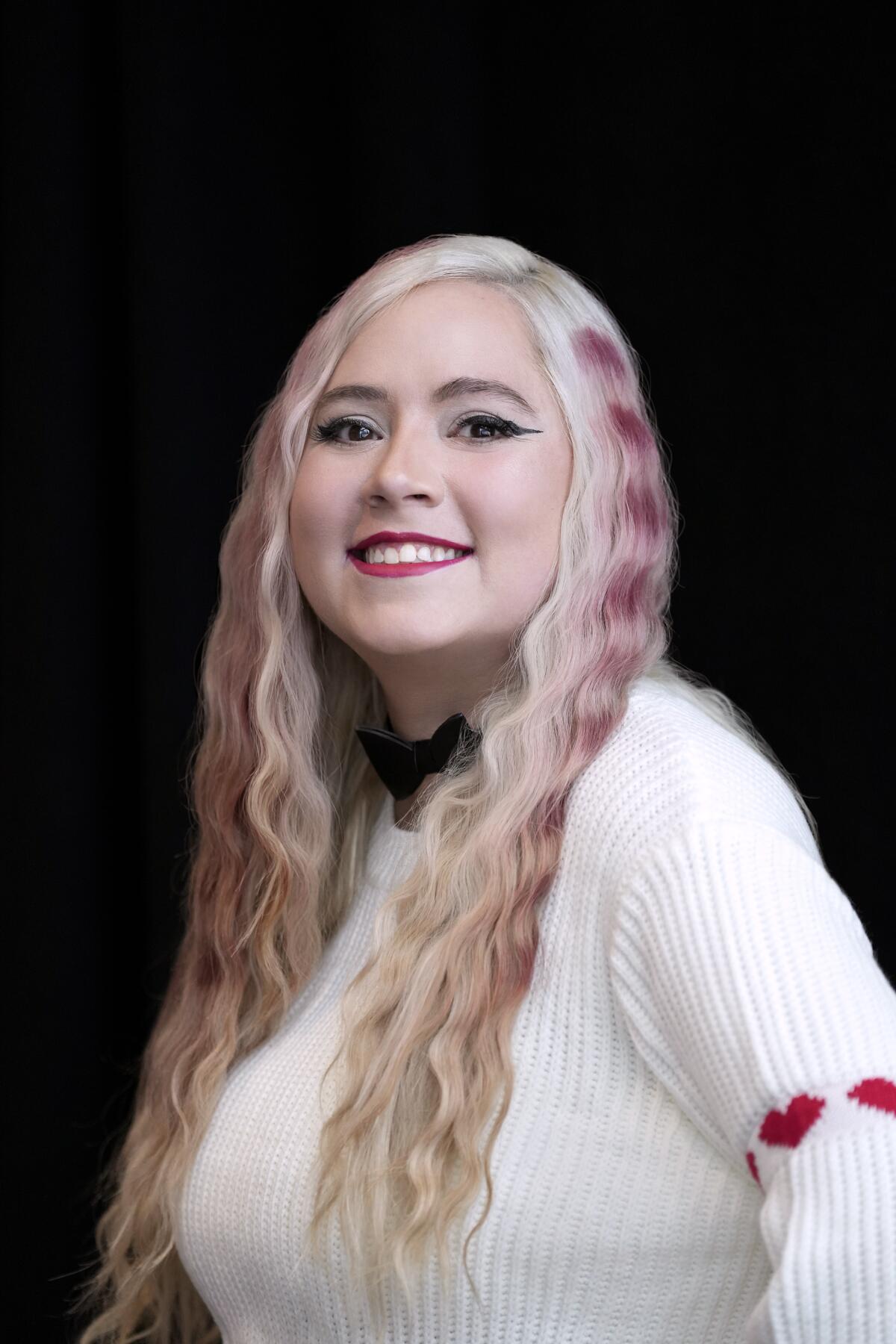
Vivienne Medrano, the creator of “Hazbin Hotel.”
(Ilya S. Savenok / Getty Images for Prime Video)
The show arrives five years after Medrano, who works under the name VivziePopuploaded a 30-minute pilot to her YouTube channel that to date has gotten 93 million views. In 2020, the art-house studio A24 signed on to produce a full season — making it the first animated series they’ve produced — and later greenlighted a second. Four episodes drop the first week, then two more weekly through Feb 2.
The “Hazbin Hotel” universe is a brazenly colorful, queer-inclusive and fast-paced mishmash of outlandish grotesqueries and copious potty mouthing buoyed by — and here’s the double-take — a Broadway pop score.
Sam Haft and Andrew Underberg’s music and lyrics traffic in old-school want songs and uptempo dance numbers, like “A Happy Day in Hell,” the absurdly bloody but bright-eyed opening number that introduces Charlie and her fellow hellions.
The voice cast features bona fide Broadway stars, including in supporting roles Tony nominees Daphne-Rubin Vega (“Rent”) and Jeremy Jordan (“Newsies the Musical”) and Patina Miller (“Pippin”). Alex Brightman, a two-time Tony nominee, including for playing the title role in the musical “Beetlejuice,” voices two roles: Sir Pentious, a dapper evil-genius snake who makes weapons of destruction but has a vulnerable side, and Adam — the Adam, as in Eve’s man — an amped-up bro who runs heaven like a dictator.
Medrano and Brightman recently spoke about how horror and musical theater are cut from the same cloth, whether or not hell even exists and other topics on the entertainment-existentialist spectrum. Here, their interviews have been edited and condensed.
“Hazbin Hotel” is a TV show that combines musical theater and horror, a mix you don’t see all that often. Are you a fan of both genres?
Medrano: I have done some performing in my life but at a very amateur level. Theater is a place that I love and that inspires me. But I’m also an enormous fan of horror. I like things that get very dark.
Brightman: I’ve loved horror movies since I was far too young. I blame my parents. I’ve been a musical theater person since I was 8. Musical theater to me is slightly a religion. My parts in “Hazbin” are so crazy and anti who I am in real life. It’s fun to play weirdos and misfits, but I’m quite warm actually.
Vivienne, most of the horror fans I know are the sweetest people imaginable. Where do you think they get their love of scary things?
Medrano: As you grow up, your child-wonder stage goes away as you start to see and learn more about the darkness of the world. Horror is an escape from that. I think that’s why so many horror fans are so nice, because they have gone through some of the worst things and learned how to escape into fiction.
Horror requires you to not take things too seriously, because otherwise you’d be traumatized for the rest of your life. You have to allow yourself to be put in an uncomfortable position, which some people aren’t ready to do. But horror fans are willing to adapt. When it comes to empathy and connecting with other people, that’s an important thing.

As for the music, what did you imagine the residents of heaven and hell to sound like?
Medrano: I’m a musical snob. I was very much like, ‘The music needs to sound coherent and relatively Broadway.’ One challenge was that all the characters have a different kind of sound. Like with Alex, one of his characters is very rock themed and the other is very old and Victorian-ish, kinda steam-punky. Neither of those characters feel like they lend themselves to a regular Broadway sound. In the soundtrack, one second it’s pop, the next it’s something Latin-y. It’s so cool how well they were able to pull that off.
Broadway would kill to have a cast like yours.
Medrano: As a theater fan, it’s absolutely mind-blowing. Patina, I remember I saw her in “Pippin.” She was such a standout performer, and I could never get her performance out of my head. When it came to casting, she was one of the people we reached out to directly to play a role. The fact that she said yes, that’s incredible. I’m on cloud nine when it comes to the cast.
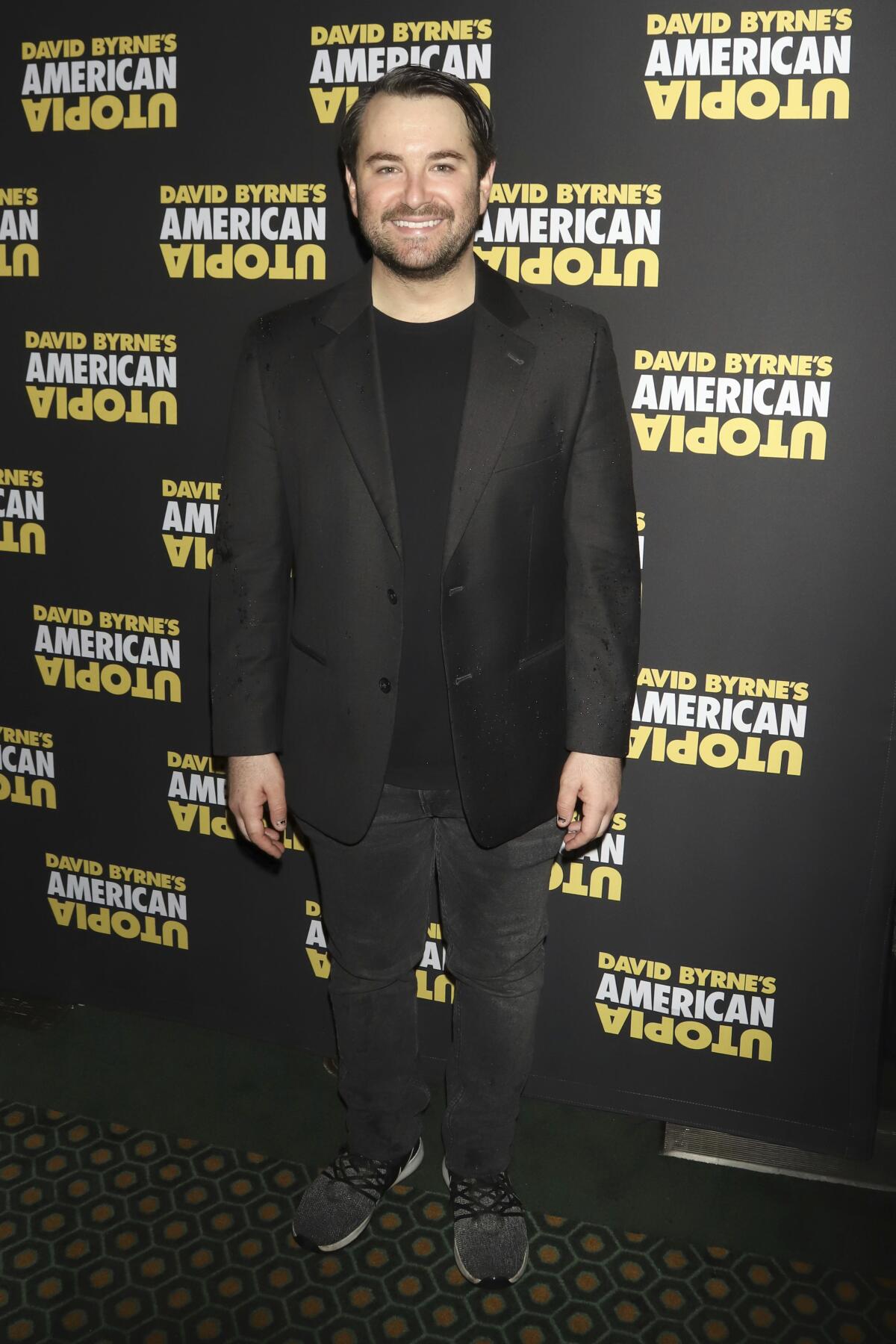
Alex Brightman voices Sir Pentious and Adam in “Hazbin Hotel.”
(Greg Allen / Invision / Associated Press)
Alex, what are some of the differences between stage and voice acting that you notice most?
Brightman: There are huge differences but also more similarities than you’d think. In both, you use all of yourself. In animation, you can step back a tiny bit from choreography, hitting your marks and being seen from the balcony. The only big difference is that you can get it wrong 500 times. Onstage, you get one chance but you can’t cut and hold and go back and do it again.
I’m an improv guy, so getting the chance to do alternate takes is great. But the one shot in musical theater is exciting. I love that things can go wrong.
And, man, is there swearing in this show.
Brightman: [Laughs] I don’t believe that everything is for everybody. If you are offended by swearing, then that’s fine. People are allowed to be offended. But I think art can’t move forward unless we try things. I’m glad they created a show that’s unsavory for some, but for others, it will be their favorite thing.
Vivienne, to what extent do you consider yourself, like Charlie, to be a princess of hell?
Medrano: I’m a queer woman on the internet who made something popular. You can only imagine. We’re both in this position of fighting uphill battles to just have our dreams exist. Charlie is a character that not only do I relate to directly but I’m also like, ‘She’s so plucky and determined and energetic.’ She’s a very aspirational character for me.
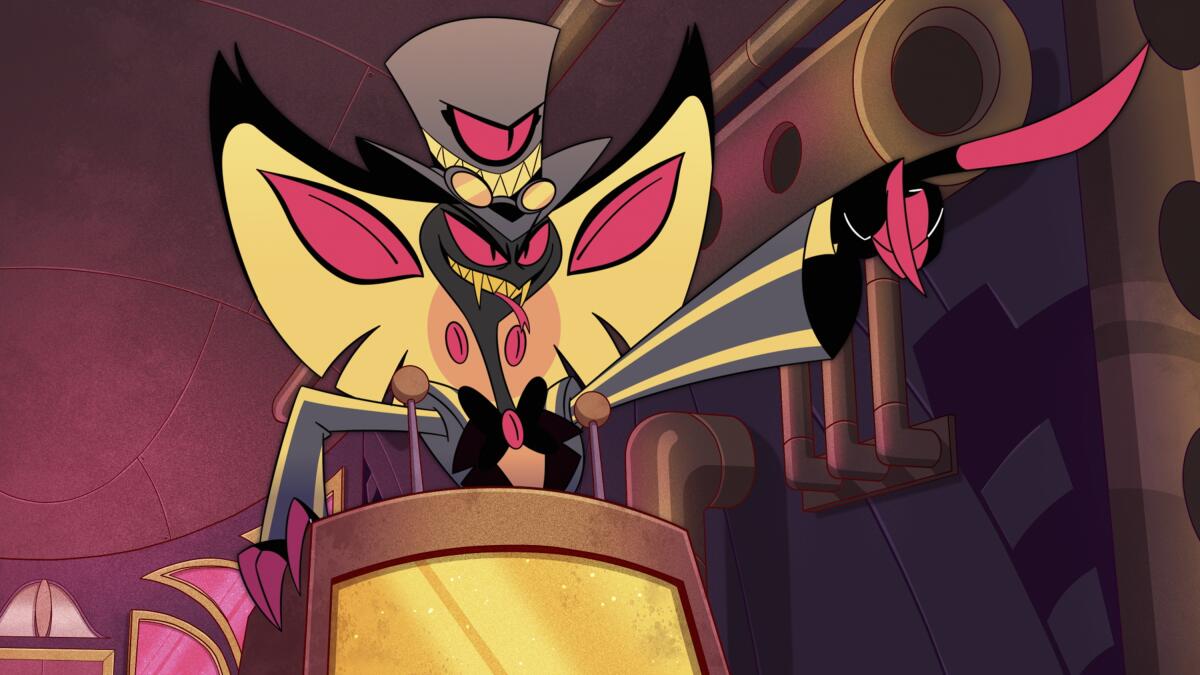
Sir Pentious, the character voiced by Alex Brightman.
(Prime Video)
Put on your theology hat: What is the show saying about the tug of war between good and evil?
Medrano: That’s a very complicated answer, and that’s what I like. The show is meant to represent and be about the gray between two pillars. It’s about redemption and second chances, but really, it’s also about what does that actually mean? People who go through hard things and trauma and become bad or nasty people, really sometimes it is just love and support and faith in them that can change them. We’ve seen that all across history.
Everyone has their relationship with forgiveness and redemption and with people who have wronged them. I don’t even know if it should ever have a definite answer, because I don’t know if there’s a universal answer.
To bring it back to musical theater, that’s basically the premise of “Wicked,” trying to understand why the wicked witch became who she did.
Medrano: “Wicked” is a beautiful story. Seeing stories about what leads someone down a dark path, to me,m is very enlightening because it’s usually something very big. Sometimes it’s justifiable, sometimes it’s never. But at least it’s understandable. A big influence of mine is “Bojack Horseman,” another show that’s very intricate with its complexity of how awful the main character is. But you understand every aspect of what got him there.
Do you believe in hell?
Brightman: I would say I consider myself a spiritual-leaning agnostic. I think maybe something’s going on but I don’t know that I’d give it shape. In this moment, and I’m willing to change, I would say no.
Medrano: It’s complicated. I have no idea what happens in the universe. But sometimes I wish it existed. Who knows what the criteria is.


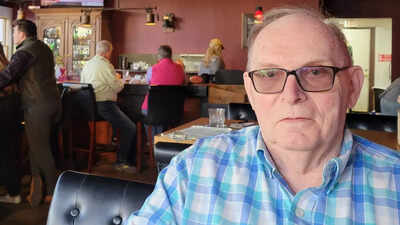









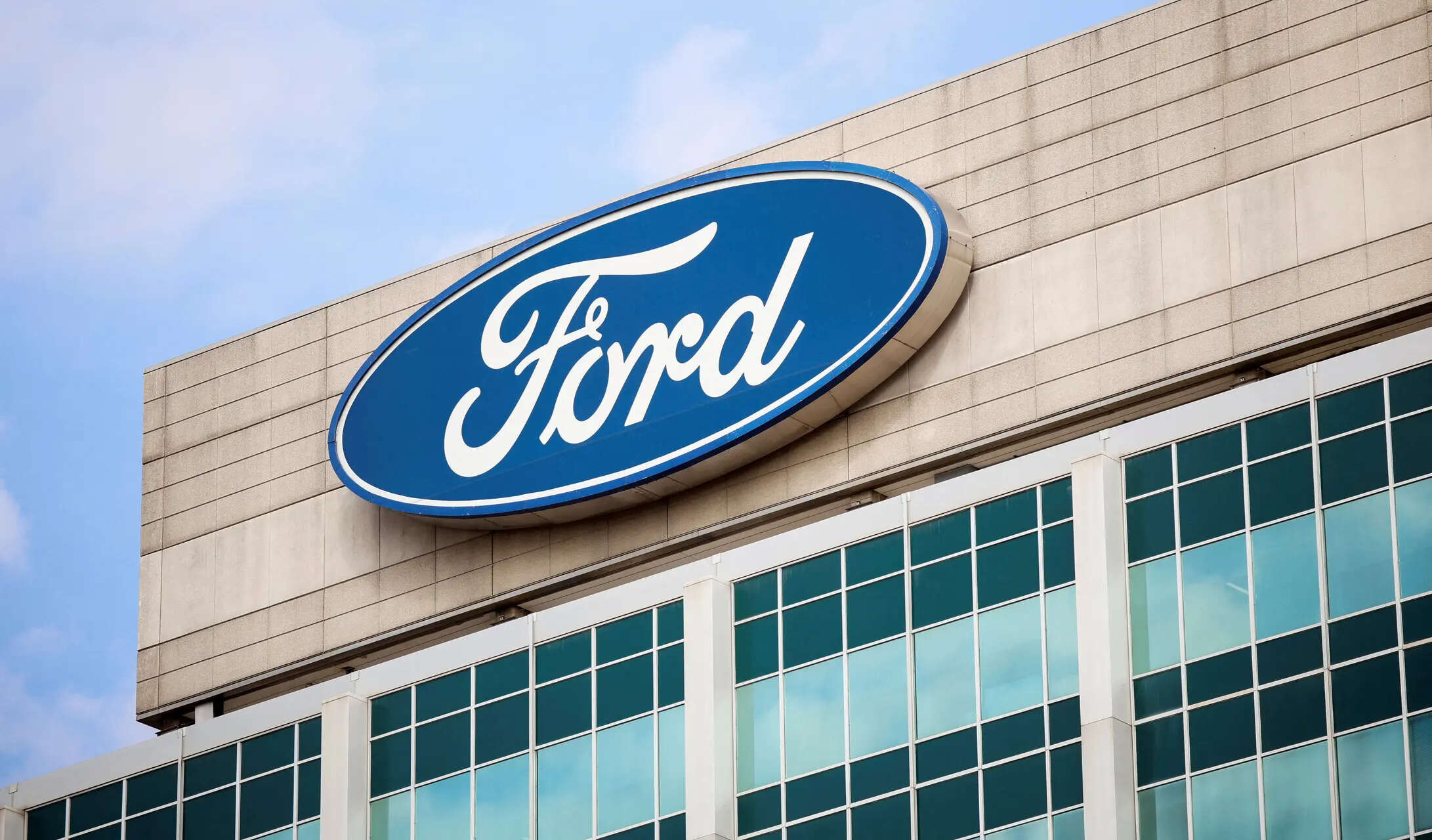


.jpg?w=700&c=0)














